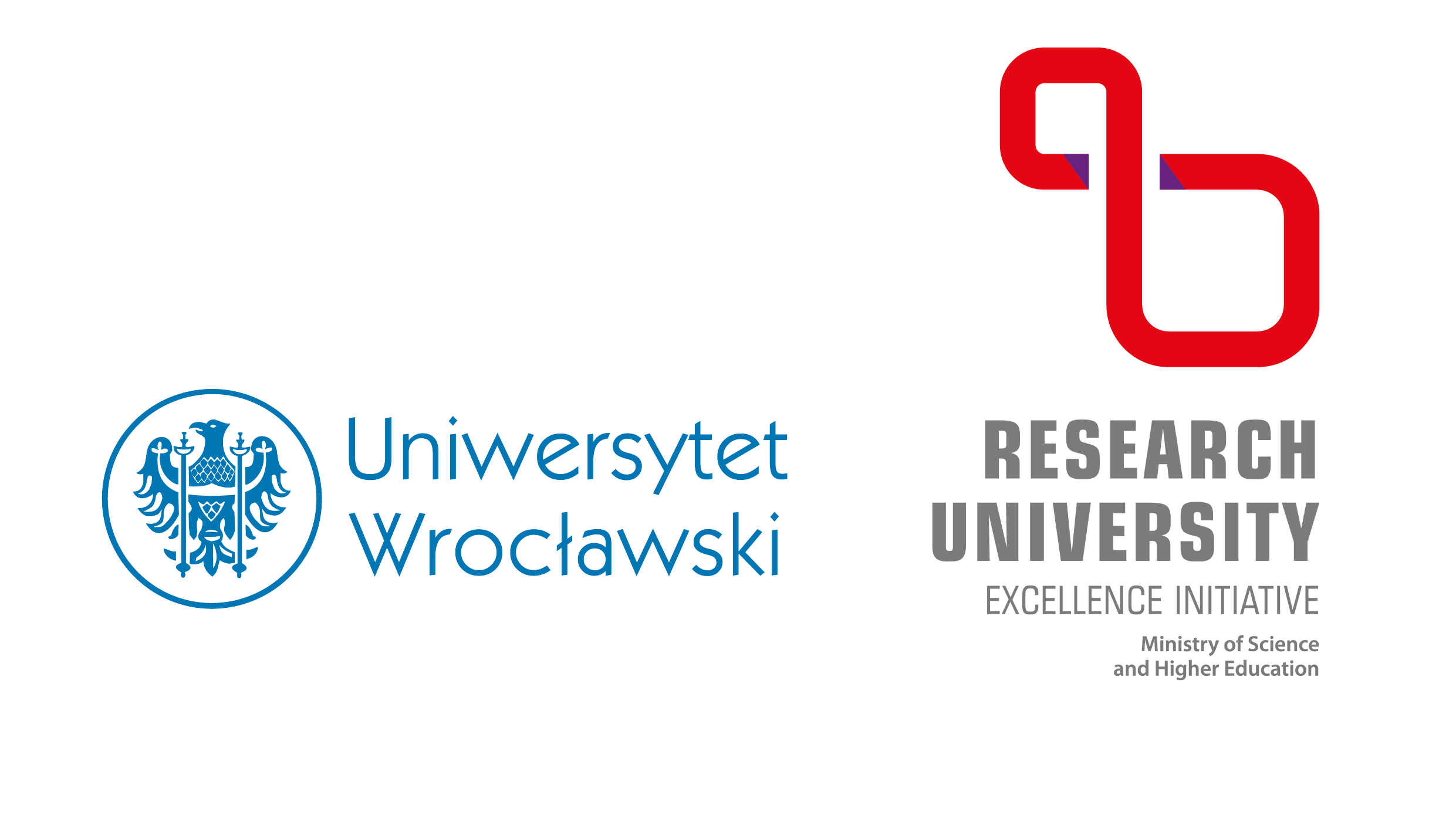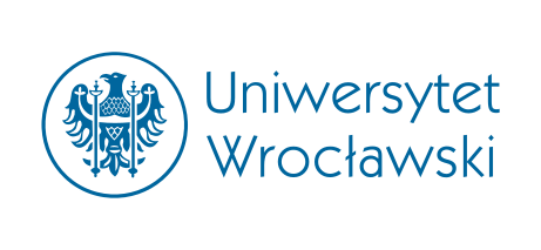
University of Wrocław
Distance Learning Centre
is pleased to announce the second OHEQ conference
Online Higher Education Quality
Design, Technology, Learning Experience
held in Wrocław, Poland
26-28 June 2024
CALL FOR PAPERS
Following the OHEQ 2023 Design, Technology, Leadership Conference, this year we invite you to share the latest advances being made in many disciplines of scientific research in universities and academic institutions that promote future rapid and effective communication and information exchange between instructors and students. This time the foci
Design, Technology, Learning Experience
shall provide us with insights into analysis and promotion of reflexive thinking on online teaching, with promotion of innovative non-face-to-face teaching methods, with relevantly targeted outcomes, with integration of information and communication technologies, artificial intelligence,
augmented and virtual reality, and gamification into instruction and learning will be further enhanced, making e-learning a vital component of school learning curriculum. Traditional offline learning and e-learning would naturally go alongside, improving and adding to the learning experience for learners and groups. Education policy that consists in design-technology-learning experience triad calls for insightful investigations and scrutinized studies.
We invite research papers that address the issues not limited to the following, especially the ones that that focus on teaching and learning in various fields of science; address specific challenges in improving students’ achievements, approaches used to motivate and engage students, and lessons learnt from changes in teaching programs and instruction based on educational technology in general; exploit the extent to which new approaches are likely to be sustainable, highlight service design and innovation, service business models, digitalization of services; include gamification into university curriculum as well as trigger new ideas and/or provide further insight and uncover hidden patterns. Last but not least, papers that challenge the applicability of e-learning methodologies, learning experience and design, education technology, literacy and media education that may be of interest to a broader education community are also welcome.
Parallel to the above, we call for presentations of practical results developed within your teaching experience labelled as technology in use: case studies, showroom presentations that enhance and promote experimental approaches, inventive and original solutions to troubling issues, technology-learning intersections that await academic discussion. Propagating research outcomes as regards didactic practice quality, we wish to develop a platform to exchange information and to share experience of instructional design theoreticians and practitioners as well as user experience designers – academic scholars and individuals who are engaged in various aspects of blended-learning and web-supported learning.
The language of the conference is English. Paper proposals with abstracts, up to 300 words, followed by 5-7 keywords, with the participant’s title and affiliation should be sent via registration form (see the registration dates below). The organizer will notify the participants of abstract acceptance within two weeks after the selected registration term. Presentations of papers should last maximum 20 minutes.
Though the conference will be streamed and published online, we encourage on-site participation in the conference venue with the following fees:
- early bird registration (until February 29th, 2024) 150 Euro;
- normal registration (until March 31st, 2024) 200 Euro;
- late registration (from April 1, 2024 to April 30th,2024) 250 Euro;
- last-minute registration (May 1st, 2024 to May 31st, 2024) 300 Euro.
Online participation registration
- until March 31st, 2024 — 100 Euro;
- until April 30th, 2024 — 150 Euro
may also be possible when you cannot come in person. Fee payment details will be sent with the confirmation of abstract acceptance. Should you have any questions, do not hesitate to contact us.
We are looking forward to seeing you in Wrocław.
Program Committee:
- Krystyna Breszka-Jędrzejewska (Lodz University of Technology)
- Lance Bunt (North-West University Johannesburg)
- Jeremiah Grabowski (D’Youville University)
- Seth Gurell (Utah Valley University)
- Simona Lache (Transilvania University of Brasov)
- Joanna Mytnik (Gdańsk University of Technology)
- Stefan Nowicki (University of Wroclaw)
- Roland van Oostveen (Ontario Tech University)
- Michael Owen (Brock University)
- Angus Phillips (Oxford International Centre for Publishing)
- Christian Spannagel (Pädagogische Hochschule Heidelberg)
- Eliza Stefanova (Sofia University)
- Michael Torrence (Motlow State Community College)
Organizing Committee:
- Tomasz Górski
- Stefan Nowicki

